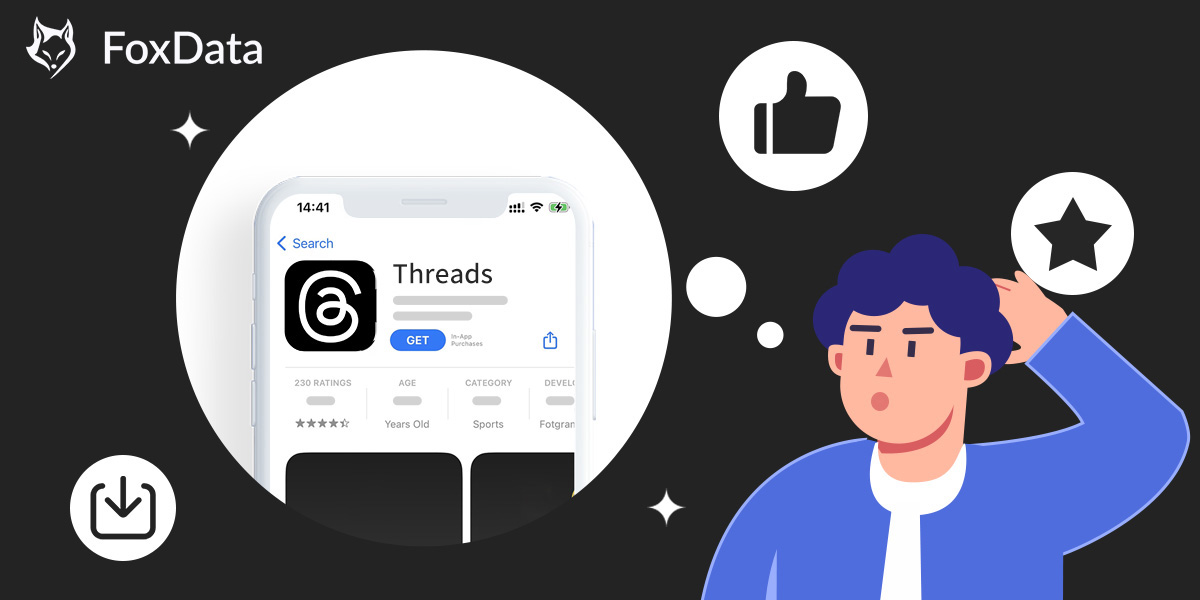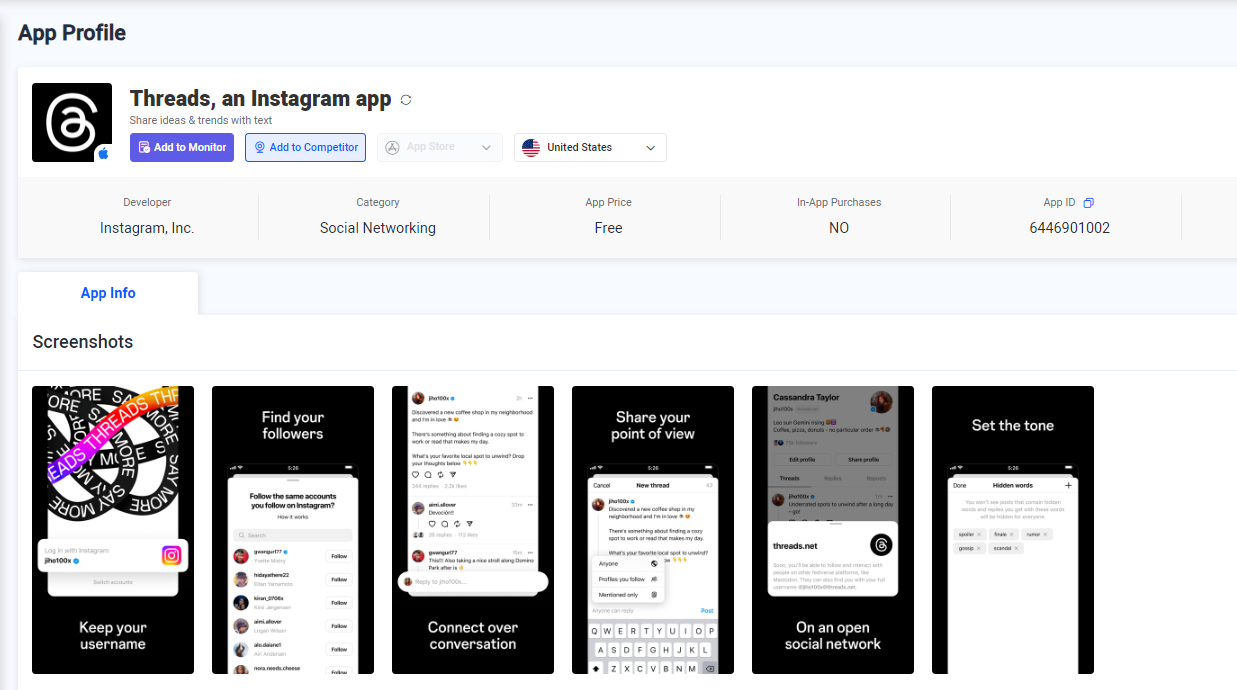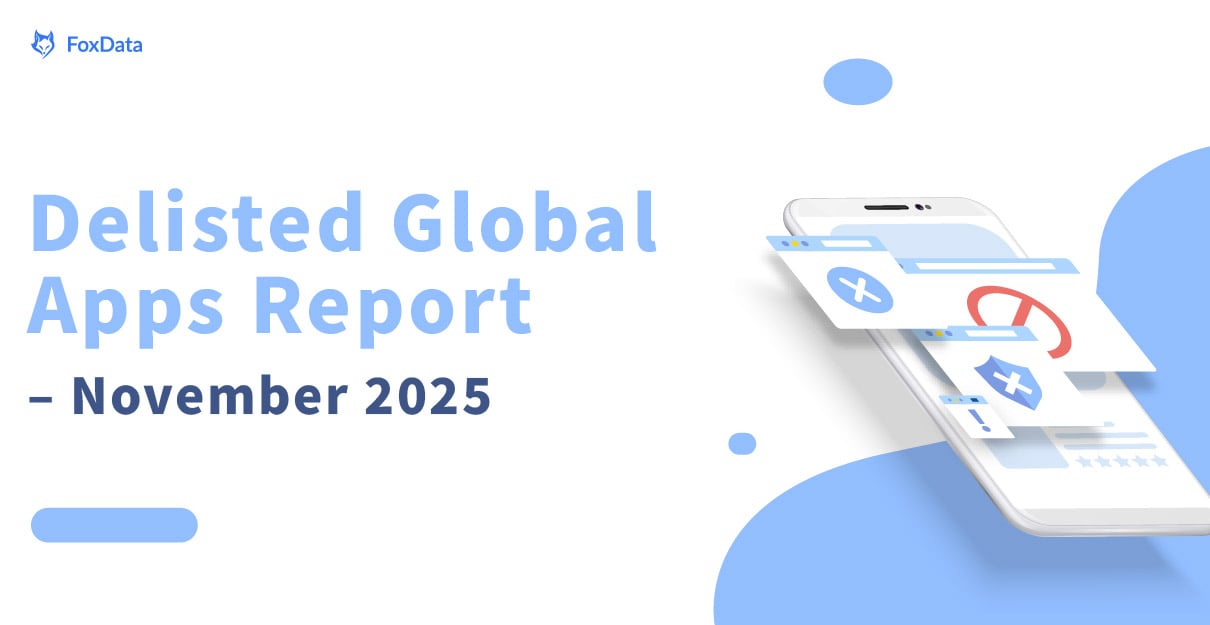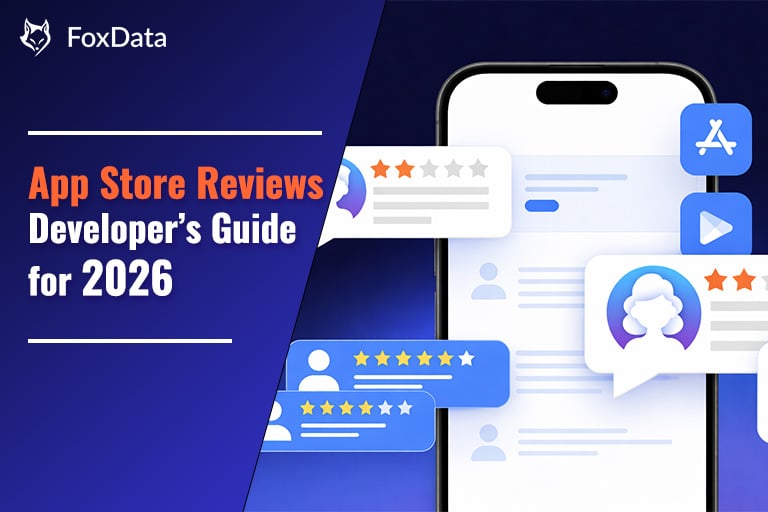Is Threads a New Era in Social Media Interaction?

The Unpredictable Transformation Unleashed by Threads in Social Media
Meta, the parent company of Facebook, recently launched Threads, a new social media platform that has quickly gained popularity. Within its first few days, Threads garnered 109 million users, making it the fastest-growing app ever and surpassing its competitors on Twitter. A key factor contributing to its rapid adoption is its seamless integration with Instagram, an established photo-sharing app with 2 billion users. This integration allows users to easily transfer their Instagram profiles, including their connections, content preferences, and accounts followed. This smooth transition has helped Threads retain its existing audience while attracting new users.

A Paradigm Shift to Protocol-Based Social Media
The introduction of Threads marks a revolutionary development in social media: the adoption of partially or fully open software protocols. This shift towards protocol-based social media brings immense potential and offers a glimpse into a future where users can effortlessly move across platforms, taking their profiles, content, and reputations with them. Although Threads is currently a closed ecosystem controlled by Meta, the platform's aspirations to enable access to the open social media protocol ActivityPub (used by Mastodon) indicate a transformative power in creating an interconnected multi-platform ecosystem driven by shared infrastructure.
Overcoming the Challenges of Walled Gardens
The current social media landscape is primarily composed of "walled gardens" that confine users' data, restrict access, and hinder data portability. Transferring content from one platform to another is often a complex and cumbersome process, and reputation information like likes and follow-graphs cannot be easily extracted. This lack of data interoperability and portability solidifies the dominance of existing platforms and discourages users, especially those with significant followings, from switching to alternative platforms. This situation also creates uncertainties for content creators and developers who rely on social media platforms as changes in APIs or access revocation can greatly impact their livelihoods.

Dive into the latest global app delisting data to uncover key trends, platform insights, and what app removals reveal about the app market in November 2025.
The Promise of Open Protocols in Social Media
Open protocols offer a solution to the challenges presented by walled gardens. By implementing core software protocols on public computing infrastructure, open protocol-based social media facilitates data interoperability and standardized formats, allowing users to connect their social accounts across multiple platforms. Blockchain-based protocols like Farcaster provide unified and portable digital identities, empowering users to syndicate various content types across different platforms and share statistics like views and likes simultaneously. These protocols foster competition and enable users to migrate to alternative platforms while retaining their data and audiences.
Transitioning to a Collaborative and Flexible Social Media Landscape
The adoption of open-protocol social media brings significant implications for users, developers, and businesses. Users can enjoy a unified social media identity, allowing them to switch platforms without starting from scratch, thus promoting competition and innovation. Developers have opportunities to create diverse applications and experiment with alternative feed algorithms and content delivery modes. Businesses benefit from increased competition and a more collaborative environment, where the value lies in the ubiquity of the protocol rather than a single dominant platform. Open-protocol social media aligns with the broader movement of Web3, providing users with greater control over their data and facilitating flexible usability across platforms.
Educating Users and Overcoming Hurdles
The widespread adoption of open protocols in social media necessitates overcoming various challenges. Educating mainstream social media users about the benefits of protocol-based approaches and blockchain technology is crucial. Establishing a user-friendly onboarding process and demonstrating the value of portable digital identities are essential steps. Killer applications that leverage the interoperability of protocols, allowing creators to experiment with different content formats and syndicate material across multiple clients, will be instrumental in driving adoption.
A Transparent and Collaborative Social Media Landscape
The future of social media, powered by open protocols, promises more portable digital identities and a plethora of competing applications catering to diverse user segments. Users will have the freedom to switch platforms without significant switching costs, raising the bar for applications and fostering an environment where multiple platforms can flourish simultaneously. Unified identities and reputations across platforms will facilitate a more open and transparent social media landscape, reshaping how we engage and spend our time online.
Now just join FoxData and embark on a journey of marketing excellence as we unveil the latest industry news, unveil powerful growth strategies, and present cutting-edge measurement solutions.
With FoxData as your guide, watch your performance soar to new heights!






